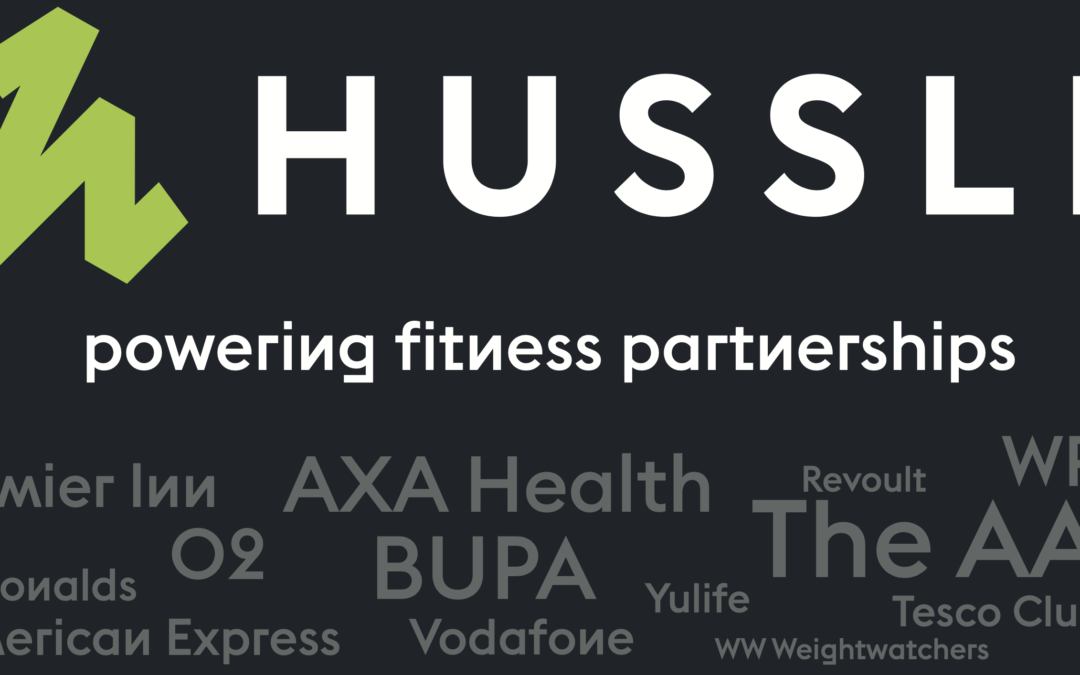At a time where free cinema tickets, dining discounts, and gift voucher incentives are commonplace, why should brands consider offering fitness incentives to their customers instead?
Fitness incentives – offering access to gyms, pools and online fitness to customers as a reward or benefit – are slipping into the mainstream. They are no longer limited to health and fitness brands such as the successful Vitality programme.
As an example, in 2021 McDonald’s introduced a gym pass prize to their hugely successful Monopoly campaign, alongside tried and tested options such as movie downloads, holidays, and cash giveaways.
There has also been a recent increase in activity with online fitness providers post pandemic. Services such as Les Mills+ and TRX are proving popular with the likes of O2 and Vodafone customers.
So why the shift?
It is in part due to post-covid consumer behaviour changes. In PWC’s latest health and fitness sector update, they have draw on their recent consumer research to uncover a number of insights that highlights this change:
1. The increase in exercise we saw when lockdowns first happened appears to be here to stay.
“Exercise is one of the stickiest activities we (PWC) have reviewed with over 50% of all consumers expecting to maintain or increase their levels of exercise vs the period of COVID-19 restrictions (and this translates to c.80% of consumers once we exclude those who say they do not exercise).”
2. Consumers told PwC that exercise is one of the top 5 activities that are important to their lifestyle (among other activities such as going on holiday, watching films at home, eating out, and shopping).
As well as the post-pandemic behaviour changes, there are several other reasons why mainstream brands are offering fitness incentives to their customers now:
3. Rewards such as cinema, dining and gift vouchers no longer differentiate brands from their competition.
Discounted cinema ticket portals are available through most benefits schemes. As are dining discounts. Compare this with fitness benefits, which are still much less widespread, this provides a real opportunity for brands to stand out in their respective markets.
4. Historically fitness promotions have been difficult to set up as no one gym operator can provide sufficient coverage of venues needed to appeal to a UK wide audience.
Through the power of their network, Hussle can now provide a gym incentive which includes physical venues in 94% of all UK postcodes.
5. The ‘mainstreaming’ of fitness partnerships is also highlighted by the upcoming launch of a new Government health incentive scheme, aimed at getting the nation healthier.
NHS costs attributable to overweight and obesity are projected to reach £9.7 billion by 2050, so the government see the value in investing in rewards and incentives to prevent this from happening.
Don’t get me wrong: cinema, dining and voucher incentives are no doubt here to stay; you can’t knock the success of Compare the Market (Meerkat Movies or Meerkat Meals) or the cash value that gift vouchers provide consumers.
However… if you are considering offering a reward or incentive to your customers, and you’re looking for something that is highly relevant to the UK population right now, provides a high perceived value, differentiates you from your competition, and is quick and easy to implement…
Visit www.hussle.com/partnerships to find out how Hussle can help you acquire and retain customers for your business.

